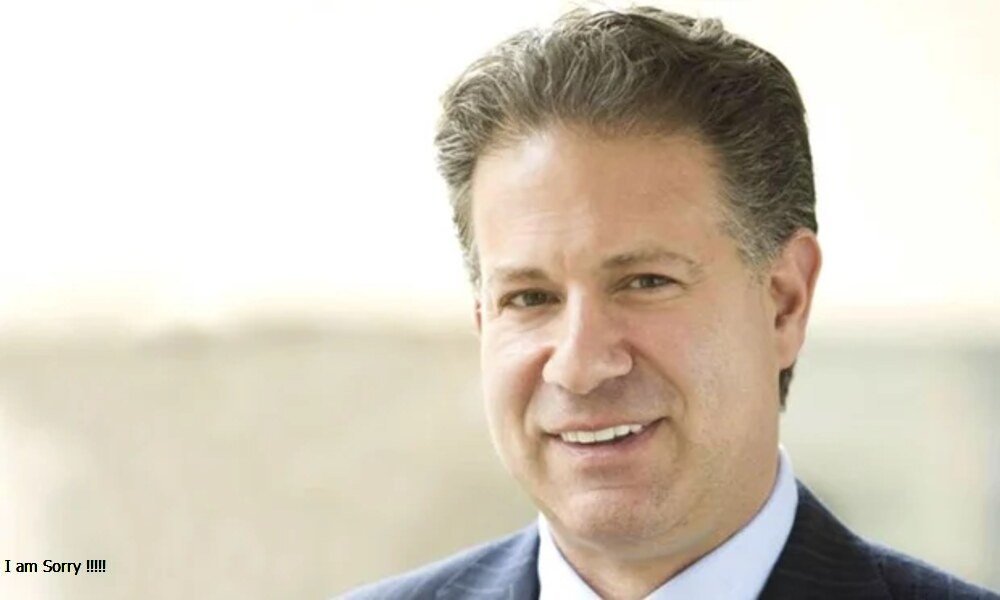Introduction to the Modern Overreaction Culture
In today’s fast-paced digital world, reacting immediately has become the norm. From social media arguments to rapid-fire emails, we are conditioned to respond without truly processing the situation. However, a powerful quote by Tymoff reminds us of an often overlooked but critical truth: “Learn to sit back and observe. Not everything need a reaction.” This statement holds immense value in our era of instant gratification and emotional impulsiveness. More than ever, we need to embrace the wisdom of patience, observation, and mindful responses. When we step back from the chaos and choose observation overreaction, we open ourselves to deeper understanding, clarity, and peace.
The Philosophy Behind the Tymoff Quote
At the heart of Tymoff’s quote lies a simple yet profound principle: silence and patience are often more potent than speech and reaction. To sit back and observe means to let go of the compulsion to prove oneself or control every outcome. It encourages us to watch, listen, and reflect before engaging. This aligns closely with ancient philosophies like Stoicism, which teaches that external events are beyond our control and that our power lies in our response. Similarly, Zen teachings emphasize the importance of mindfulness and the ability to witness life without becoming entangled in it. Tymoff’s message encapsulates the timeless wisdom that the best action is often inaction—not out of passivity but out of deep awareness and understanding.
Why Reactivity is a Problem in the Digital Era
Reactivity has become a widespread issue, especially with the rise of digital communication. Platforms like Twitter, Facebook, and Instagram thrive on quick opinions, outrage, and viral moments. While this has amplified many voices, it has led to a culture of knee-jerk reactions. Constant connectivity means we rarely get a moment to pause and reflect, leading to emotional burnout, misunderstandings, and damaged relationships. For instance, how often have online arguments spiraled out of control because someone responded in anger or defensiveness? The cycle is familiar: trigger, reaction, regret. Breaking this loop requires conscious effort—and it begins with observation.
Benefits of Learning to Observe Before Reacting
Choosing to observe rather than react yields a multitude of benefits. Firstly, it enhances emotional intelligence. When we take a moment to understand our feelings and those of others, our responses become more thoughtful and compassionate. This leads to better decision-making, as we can see the bigger picture rather than getting lost in the heat of the moment. This practice fosters deeper connections in relationships as we become better listeners and more empathetic partners. Mental health improves significantly; observation creates space for calm, reducing anxiety and stress. An observant mindset cultivates inner peace, clarity, and long-term personal growth.
The Science of Observation & Emotional Regulation
Scientific research supports that pausing to observe can significantly improve emotional regulation. The human brain is wired to react quickly to perceived threats, a survival mechanism known as the “fight or flight” response. However, in modern life, many of these “threats” are not physical but emotional—a critical email, a rude comment, or a disagreement. The prefrontal cortex, responsible for rational thinking, often gets overridden by the amygdala, which governs emotional responses. By learning to pause and observe, we activate the prefrontal cortex, giving ourselves time to respond logically rather than impulsively. Neuroplasticity studies also show that we can train our brains to become less reactive and more mindful with practice.
Habits to Cultivate a More Observant Mindset
Cultivating observation as a daily habit starts with mindfulness practices. Meditation is one of the most effective tools for training the mind to be present. Even five minutes a day of focusing on your breath can help you become more aware of your thoughts and emotions. Journaling is another powerful technique. By writing down your reactions and reflecting on them, you begin to notice patterns and triggers. Practicing silence, especially in conversations, teaches you to listen deeply without formulating a response immediately. Observing body language, tone, and context also helps you understand the underlying emotions in others, making your responses more empathetic and accurate.
Real-Life Applications of Non-Reactivity
The power of non-reactivity becomes especially clear in real-life situations. Observing rather than reacting in personal relationships can prevent unnecessary arguments and foster healthier communication. When someone says something hurtful, taking a moment to breathe and assess their intention can make all the difference. At work, staying calm under pressure is a highly valued trait. Instead of reacting emotionally to criticism or conflict, observing the situation objectively allows for professional and constructive dialogue. On social media, pausing before responding to a controversial post can help avoid online drama and preserve mental peace. In all these scenarios, observation equips you with control and wisdom.
Common Challenges and How to Overcome Them
Despite its benefits, adopting a non-reactive stance isn’t easy. One of the biggest challenges is the urge to defend oneself. The instinct to react is strong in moments of perceived disrespect or attack. Managing this requires self-awareness and a shift in mindset—not every situation warrants a response. Another challenge is dealing with societal pressure. Choosing to observe can feel countercultural in a world that equates silence with weakness. But true strength lies in restraint, not in dominance. Building patience is also a gradual process. It requires daily practice, reflection, and the willingness to grow. Start slightly—pause for a few seconds before responding to texts, emails, or disagreements. Over time, this habit becomes second nature.
Success Stories: People Who Practice Observation First
Many successful individuals attribute their growth to the ability to observe first and act later. Thought leaders like the Dalai Lama and Oprah Winfrey often emphasize the importance of introspection and mindful action. Entrepreneurs like Warren Buffett are known for their calm, observant demeanor, which enables them to make wise, calculated decisions under pressure. In many Eastern cultures, restraint, and silence are seen as marks of wisdom rather than weakness. These examples highlight that observing without reacting is personally beneficial and a powerful strategy for success and influence.
Final Thoughts: Choosing Growth Over Reaction
Sitting back and observing is a radical, empowering act in a world that constantly demands our attention and reactions. Tymoff’s quote, “Learn to sit back and observe. Not everything need – Tymoff,” is a timely reminder that we don’t have to engage with every trigger or respond to every stimulus. Observation creates space for wisdom, growth, and peace. It transforms us from reactive individuals into thoughtful, grounded beings. Practicing this principle daily aligns with a more profound sense of self-awareness and emotional mastery. So next time you feel the urge to react, pause. Breathe. Observe. And remember—not everything needs your reaction.
Do Read: Shared Joy is a Double Joy; Shared Sorrow is Tymoff















